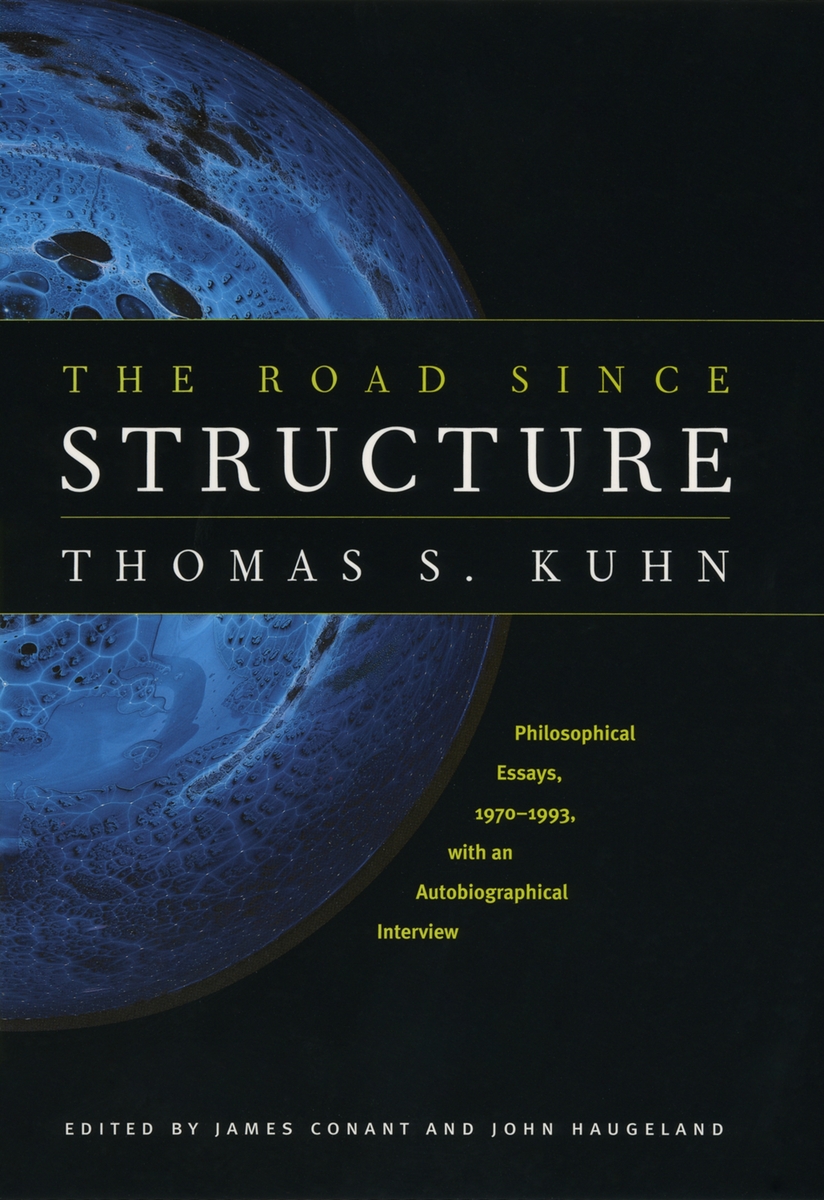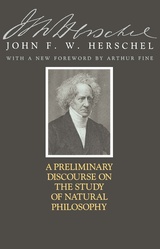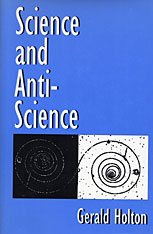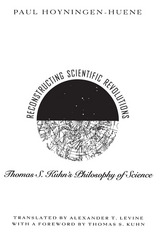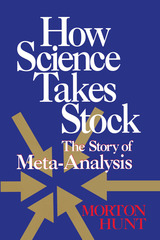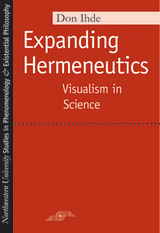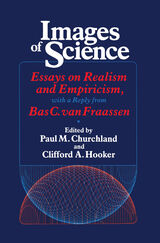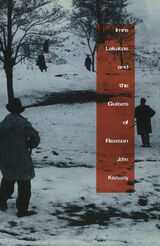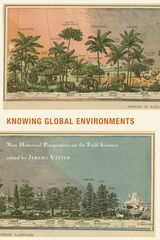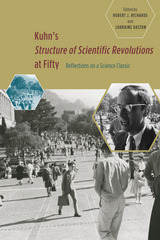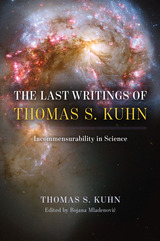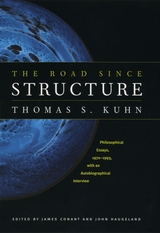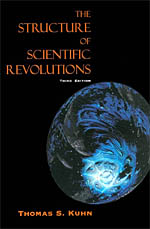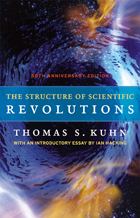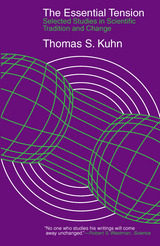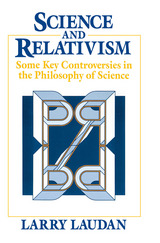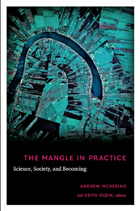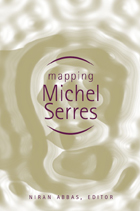The Road since Structure: Philosophical Essays, 1970-1993, with an Autobiographical Interview
University of Chicago Press, 2000
Cloth: 978-0-226-45798-7 | Paper: 978-0-226-45799-4
Library of Congress Classification Q175.K94 2000
Dewey Decimal Classification 501
Cloth: 978-0-226-45798-7 | Paper: 978-0-226-45799-4
Library of Congress Classification Q175.K94 2000
Dewey Decimal Classification 501
ABOUT THIS BOOK | AUTHOR BIOGRAPHY | REVIEWS | TOC | REQUEST ACCESSIBLE FILE
ABOUT THIS BOOK
Thomas Kuhn will undoubtedly be remembered primarily for The Structure of Scientific Revolutions, a book that introduced one of the most influential conceptions of scientific progress to emerge during the twentieth century. The Road Since Structure, assembled with Kuhn's input before his death in 1996, follows the development of his thought through the later years of his life: collected here are several essays extending and rethinking the perspectives of Structure as well as an extensive, fascinating autobiographical interview in which Kuhn discusses the course of his life and philosophy.
See other books on: Bibliography | Conant, James | Kuhn, Thomas S. | Philosophical Essays | Structure of scientific revolutions
See other titles from University of Chicago Press
